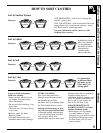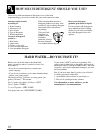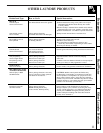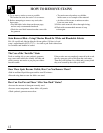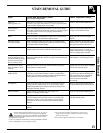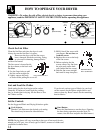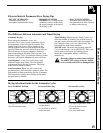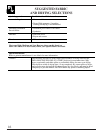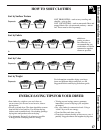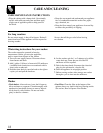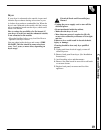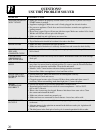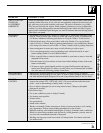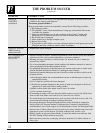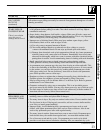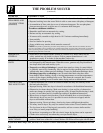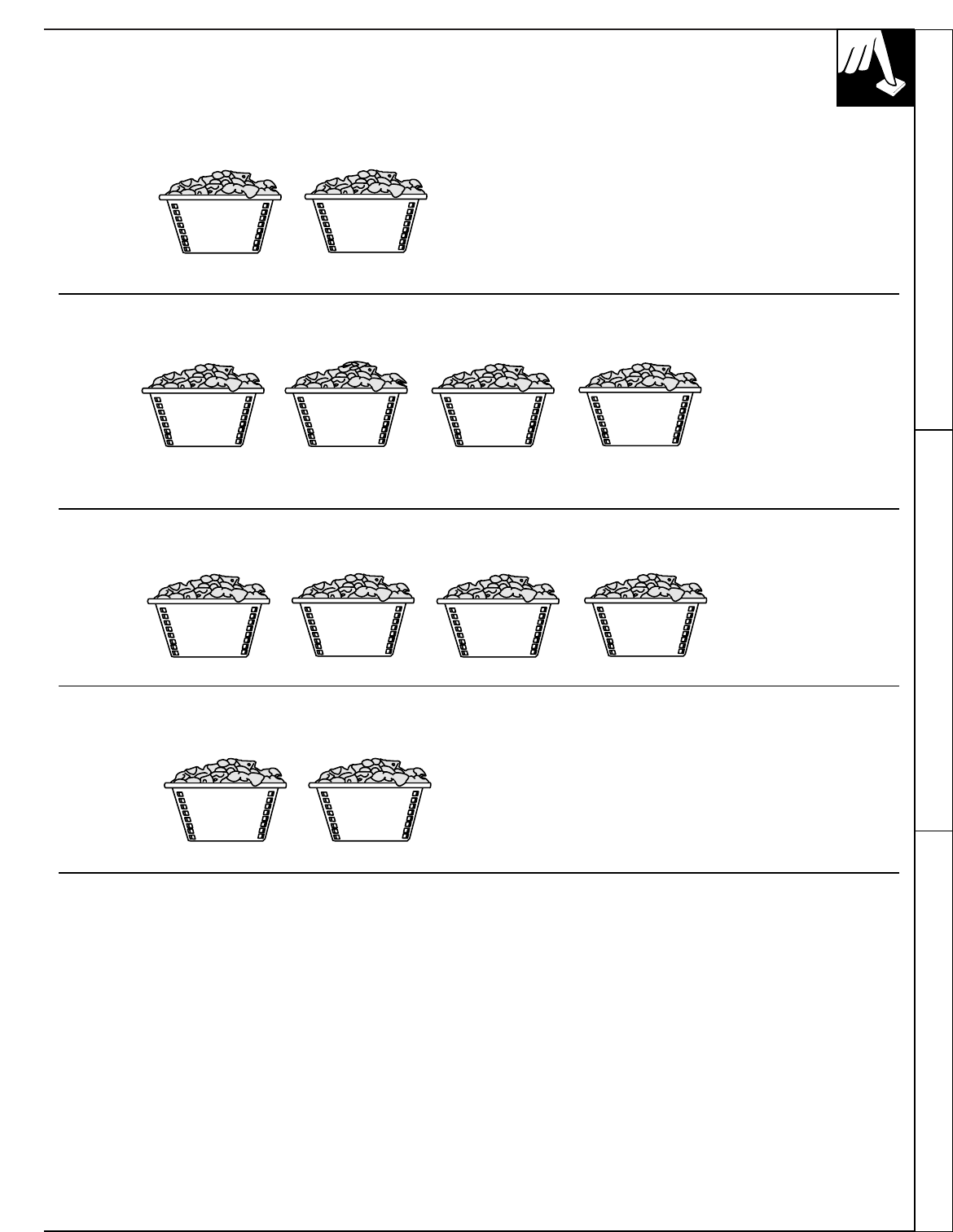
1717
Sort by Weight
Separate
For information on tumble drying extra large
items and different fabrics and loads, see the
Suggested Fabrics and Drying Selections guide.
Sort by Surface Texture
Separate
LINT PRODUCERS—such as terry toweling and
chenille—give up lint.
LINT COLLECTORS—such as man-made fibers and
napped fabrics like velveteen and corduroy—attract
lint. These must be dried separately.
from
Lint
Producers
Lint
Collectors
Sort by Fabric
Separate
In
addition to
sorting to reduce
lint collection, we
recommend that you
wash fabrics of similar
construction together
whenever possible.
Sort by Color
Separate
fromfrom
Delicates
Cottons &
Linens
Synthetics,
Blends &
Poly Knits
Permanent
Press
from
from
from
Non-
Colorfast
Whites
Lights
Darks
from
from
Heavy Items
(such as
towels)
Light Items
(such as
curtains)
HOW TO SORT CLOTHES
Fabric and Drying Selections Sorting Energy-Saving Tips
ENERGY-SAVING TIPS FOR YOUR DRYER
• Sort clothes by weight so you won’t have to
run an extra cycle for one or two heavier, slower-
drying items.
• Do not overload dryer. The drum should be no more
than half full of wet articles. For efficient drying,
clothes need to tumble freely. Overloading prolongs
drying time and produces uneven drying.
• Use Automatic Drying Cycle whenever possible
to help prevent overdrying and save energy.
• To help prevent ironing, remove garments
immediately at end of drying cycle and place
on hangers.
• Dry your clothes in consecutive loads. Using a
“warm” dryer will save energy.
• Clean lint filter each time you dry.
• Clean dryer exhaust ducting at least once a year. A
partially clogged exhaust can lengthen drying time.



